Career Roundtable, April 21
Category : News/Events
A great one-on-one opportunity to ask your questions to some Emory Faculty and Healthcare Executives about their healthcare journey, tips on networking & job searching. Join this Career Roundtable on April 21 from 1-2 PM in the Lawrence P. and Anne Klamon room. Refreshments will be provided. Register on the Hub!
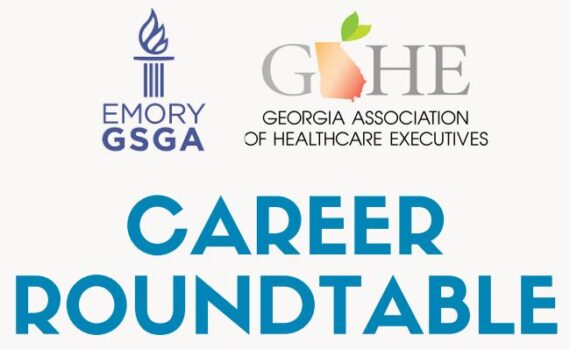
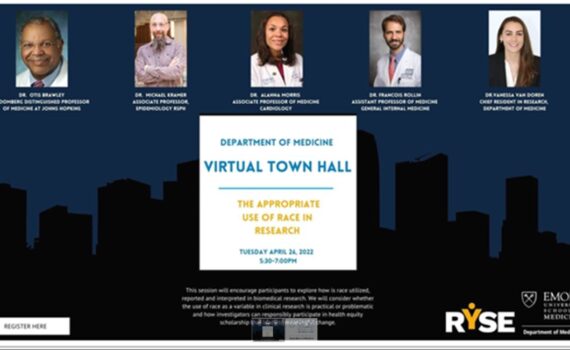
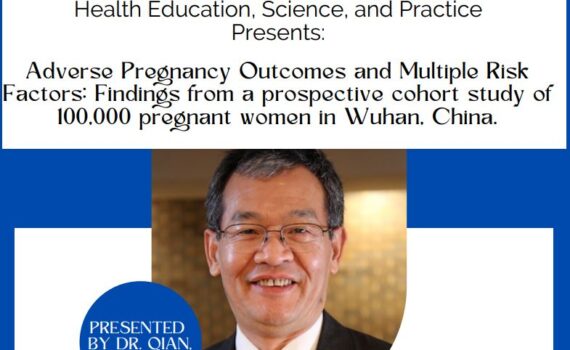
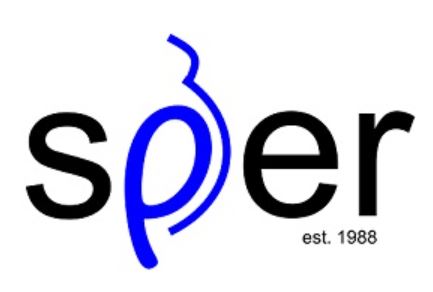
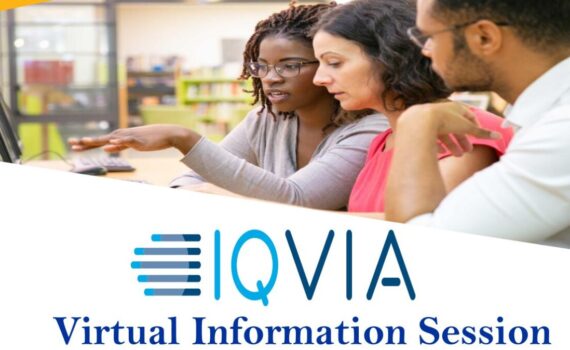
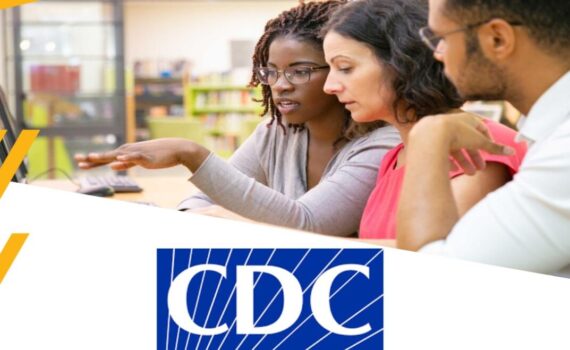
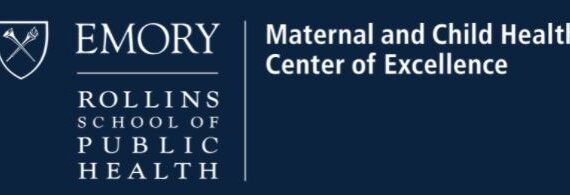

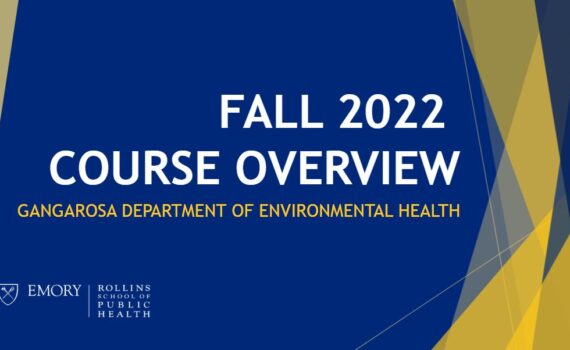

Recent Comments